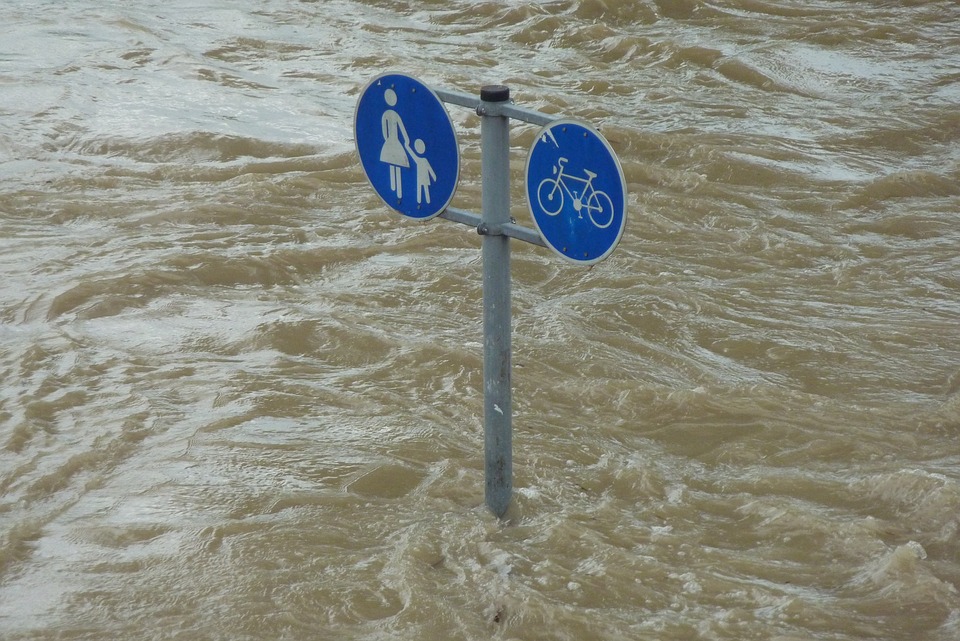Chicago, one of the largest cities in the United States, is situated in the Midwest along the shores of Lake Michigan. This vibrant city experiences a diverse climate that significantly influences its seasonal activities and daily life. The question arises: What climate zone does Chicago fall into, and what are its defining characteristics?
Chicago is classified under the humid continental climate zone, specifically categorized as Dfa according to the Köppen climate classification system. This climate type is marked by four distinct seasons, encompassing hot summers, cold winters, and moderate to high humidity levels.
Climate Classification of Chicago
Humid Continental Climate (Dfa)
– Characteristics: Chicago’s climate is characterized by:
– Hot summers with temperatures often exceeding 80°F (27°C) and reaching up to 90°F (32°C) or more.
– Cold winters where temperatures frequently drop below freezing, with average lows ranging from 14°F to 29°F (-10°C to -1°C).
– Moderate to high humidity, particularly during the summer months.
Key Features of Chicago’s Climate
Hot Summers
– Temperature Range: Summer highs can reach between 80°F and 90°F (27°C to 32°C), with heatwaves occasionally pushing temperatures above 95°F (35°C).
– Humidity: The summer months are typically humid, intensifying the heat and creating a muggy atmosphere.
– Thunderstorms: Afternoon thunderstorms are common due to the warm temperatures and moisture in the air.
Cold, Harsh Winters
– Temperature Range: Winter temperatures often fall below freezing, with average lows around 14°F to 29°F (-10°C to -1°C).
– Snowfall: Chicago receives significant snowfall, averaging about 35-40 inches (89-102 cm) annually.
– Wind Chill: Strong winds can lead to wind chills that make it feel much colder, sometimes dropping temperatures to -20°F (-29°C) or lower.
Transition Seasons: Spring and Fall
– Spring: Characterized by unpredictable weather with fluctuating temperatures; early spring can be cool and rainy.
– Fall: Offers stable, cooler temperatures with pleasant weather in September and October before winter sets in.
The Influence of Lake Michigan on Chicago’s Climate
Lake Effect in Winter
– Lake-Effect Snow: Cold air moving over the warmer waters of Lake Michigan can cause heavier snowfall in areas close to the lake.
Lake Influence in Summer
– Cooling Effect: Lake Michigan moderates summer temperatures, keeping lakeside areas cooler than inland regions due to lake breezes.
Moderating Temperatures in Spring and Fall
– The lake helps delay seasonal temperature changes, resulting in cooler springs and warmer falls compared to surrounding areas.
Weather Patterns and Extreme Events in Chicago
Thunderstorms and Tornadoes
– Chicago experiences thunderstorms primarily in late spring and summer. While tornadoes are less frequent within the city itself, the region is still part of “Tornado Alley.”
Heatwaves
– Extended periods of high heat and humidity during summer can pose health challenges for residents.
Blizzards and Extreme Cold
– The city is prone to winter blizzards that can bring heavy snow accumulations alongside extreme cold waves.
How Chicago’s Climate Impacts Daily Life
Seasonal Clothing and Preparation
– Residents often dress in layers due to significant temperature variations throughout the year. Heavy winter clothing is essential for coping with freezing conditions.
Transportation and Infrastructure
– Winter weather frequently disrupts transportation due to snowstorms and icy roads. The city’s infrastructure is designed for snow removal but still faces challenges during heavy snowfall events.
Outdoor Activities
– Chicago’s climate fosters a variety of seasonal activities:
– Summer: Popular for festivals, beach visits, and outdoor sports.
– Winter: Ice skating and winter sports are common, although severe cold can limit outdoor activities.
Frequently Asked Questions (FAQs)
1. What climate zone is Chicago in?
– Chicago is located in a humid continental climate (Dfa) zone, characterized by hot summers, cold winters, and distinct seasonal changes.
2. How cold does Chicago get in winter?
– Winter temperatures often drop below freezing, with wind chills making it feel even colder; lows can reach -20°F (-29°C) during extreme cold snaps.
3. Does Chicago get a lot of snow?
– Yes, Chicago averages about 35-40 inches (89-102 cm) of snow annually, with lake-effect snow contributing to heavier accumulations near Lake Michigan.
4. How does Lake Michigan affect Chicago’s weather?
– Lake Michigan moderates temperatures by keeping lakeside areas cooler in summer and warmer in winter; it also contributes to lake-effect snow during winter months.
5. What are summers like in Chicago?
– Summers are warm to hot with temperatures ranging from 80°F to 90°F (27°C to 32°C), often accompanied by humidity and frequent thunderstorms.
In conclusion, Chicago’s climate as a humid continental zone features distinct seasons that range from hot summers to cold winters. The presence of Lake Michigan plays a crucial role in moderating temperatures and contributing to unique weather phenomena like lake-effect snow. This dynamic climate necessitates that residents prepare for a wide array of weather conditions throughout the year.

Kyle Whyte is a notable scholar and professor at the University of Michigan, holding positions such as the George Willis Pack Professor in the School for Environment and Sustainability and Professor of Philosophy. Specializing in environmental justice, his work critically examines climate policy and Indigenous peoples’ ethics, emphasizing the nexus between cooperative scientific endeavors and Indigenous justice. As an enrolled Citizen Potawatomi Nation member, he brings a vital perspective to his roles as a U.S. Science Envoy and member of the White House Environmental Justice Advisory Council. His influential research is supported by various prestigious organizations including the National Science Foundation, and disseminated through publications in high-impact journals. Kyle actively contributes to global Indigenous research methodologies and education, with affiliations to numerous institutes and societies dedicated to traditional knowledge and sustainability. Recognized for his academic and community engagement, Kyle has earned multiple awards and served in various visiting professorships. His efforts extend to leadership positions on boards and committees focused on environmental justice nationwide.
